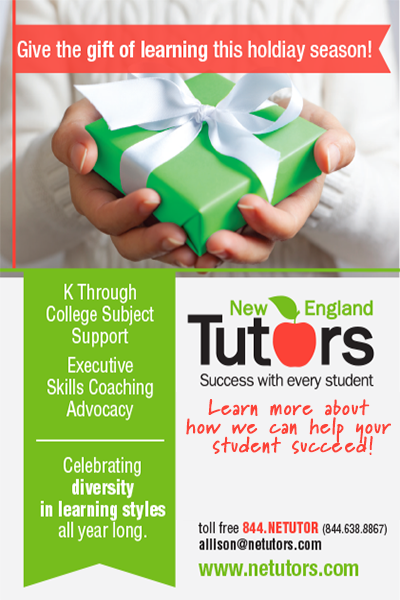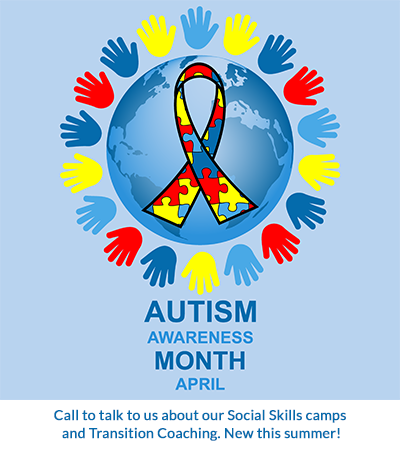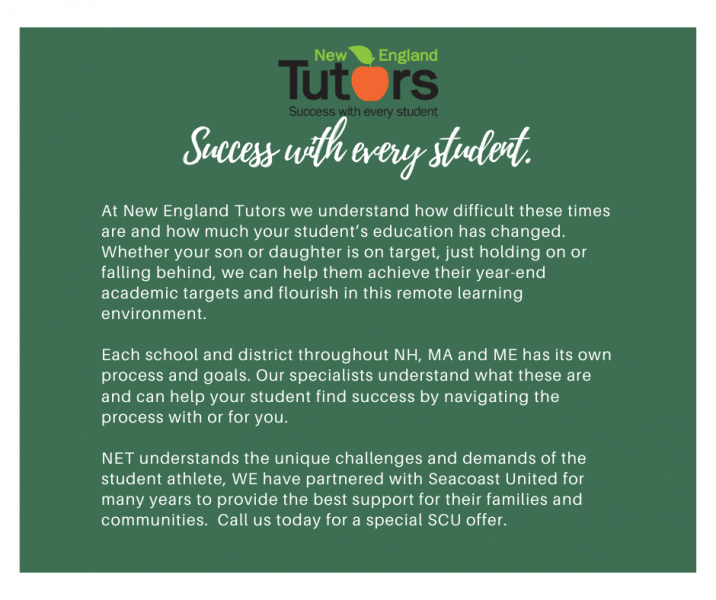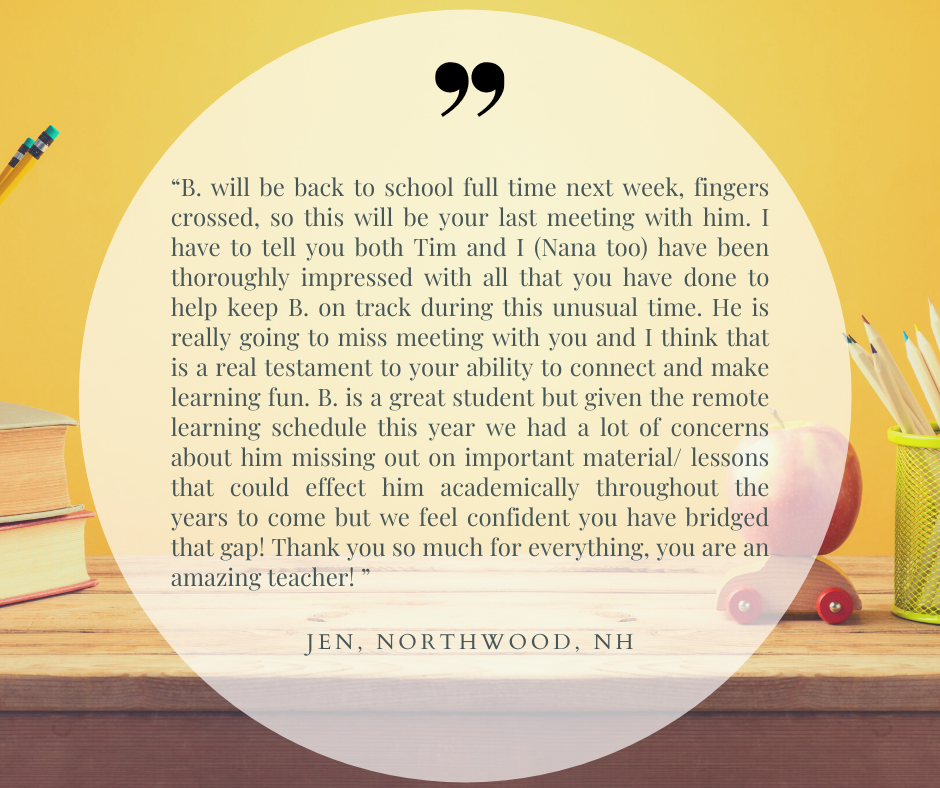Gen Z Success Relies on Executive Skills
 The majority of today’s school-age students belong to the Gen Z population, those born between 1995 and 2010. They have been defined as the largest generation in the U.S. In fact, come 2020 they will represent 40% of the population. The Internet has always been a part of their life and this has had a significant impact on the way they learn and seek information.
The majority of today’s school-age students belong to the Gen Z population, those born between 1995 and 2010. They have been defined as the largest generation in the U.S. In fact, come 2020 they will represent 40% of the population. The Internet has always been a part of their life and this has had a significant impact on the way they learn and seek information.
Consider the following facts about Gen Z from Pearson Education:
- The constant stimulation and access to all of the world’s information at their fingertips has given them an eight-second attention span and has trained their brains to expect instant gratification.
- Gen Z students frequently use up to five screens on average: smartphone, TV, laptop, desktop and a tablet. These devices can occupy ten hours of their daily activity.
- Sitting in a hall or classroom listening to a lecture is Gen Z torture. They want a chance to be part of the learning process, not a passive bystander.
Gen Z’ers Face Biggest Challenge
While the youngest students in this generation are in 3rd grade, the eldest are in college or the early stages of their careers. Feedback from 5-12th grade teachers, college professors and employers is helping us understand ways we can better prepare this generation for success. One common concern is that they are discovering a deficiency in several of the “soft” or executive skills, many of which are learned during the K-12 years. These are the skills that will allow them to function independently, integrate into the community, achieve their dreams, be successful in their work and realize career growth opportunities. They are also essential life skills and include the following:
- Sustained Attention: The capacity to maintain attention to a situation or task in spite of distractibility, fatigue, or boredom.
- Planning/Prioritization: The ability to create a roadmap to reach a goal or to complete a task. It also involves being able to make decisions about what’s important to focus on and what’s not important.
- Task Initiation: The ability to begin projects without undue procrastination, in an efficient or timely fashion.
- Organization: The ability to create and maintain systems to keep track of information or materials.
- Time Management: The capacity to estimate how much time one has, how to allocate it, and how to stay within time limits and deadlines. It also involves a sense that time is important.
- Goal-Directed Persistence: The capacity to have a goal, follow through to the completion of the goal and not be put off or distracted by competing interests.
Why are we seeing a deficiency in one or several of these skills among Gen Z students? That question is generating a lot of discussion among educators, employees and parents. We understand that there are influences from the Internet and devices but it’s more than that. In my experience, their days are planned out to the minute. We’ve built processes and systems to help them succeed but haven’t allowed them to discover ways to accomplish things for themselves. They are eager learners but struggle with starting a task, staying on track and making decisions because we are there guiding them every step of the way.
What can you do at home to help them? Create an environment that builds confidence by allowing your student to fail and succeed. Personal accountability for their schedule, homework and chores provides great opportunities for them to practice and develop executive skills. Consider all the ways that you can model them too. Remember, it’s not about perfection (which is something many of us strive for) but rather about allowing them room to understand the value of iteration and mistakes while building confidence in their decision making.
This generation has amazing potential. I leave you with this quote…
“Today’s young people are the most diverse, connected generation in history. They have incredible aspirations for themselves, their communities, for the world. And they deserve learning experiences that meet them where they are and prepare and inspire them to make real their most ambitious dreams and plans. Their futures depend on it, and so do ours.”
– Stacey Childress, Contributor to Forbes and CEO of NewSchools Venture Fund.
NE Tutors works with students of all ages from elementary school through the college years. We’re here to help your child succeed and help you navigate this journey. We encourage you to share ways that your son or daughter has found success in independently applying executive skills at home and at school. For more information about our services, including our Executive Skills Programs, call 844-NETUOR Ext. 700 or email allison@netutors.com.











